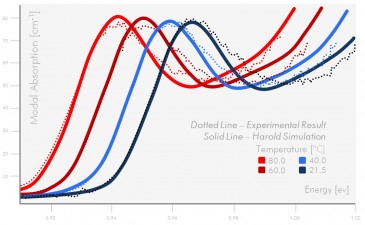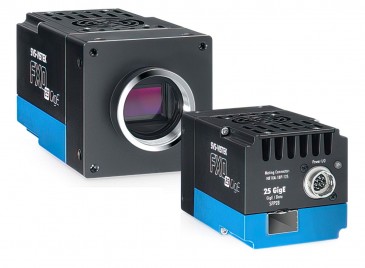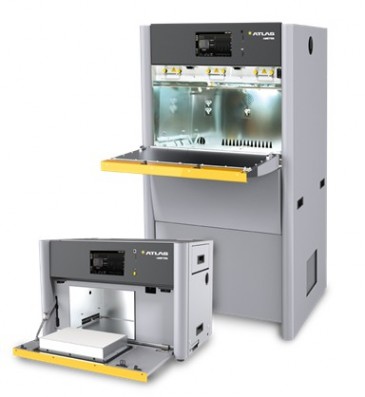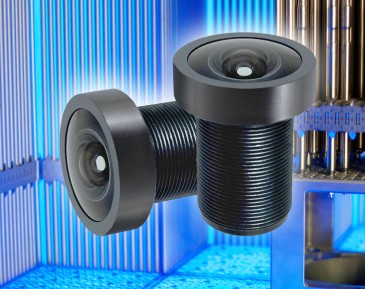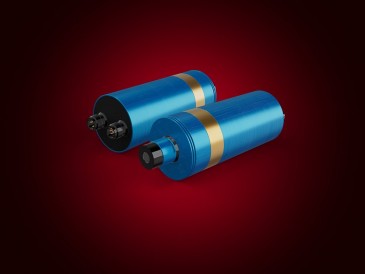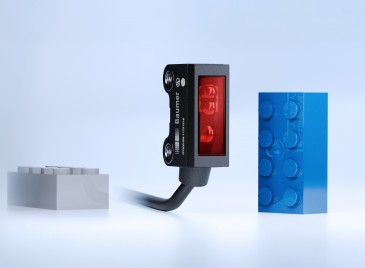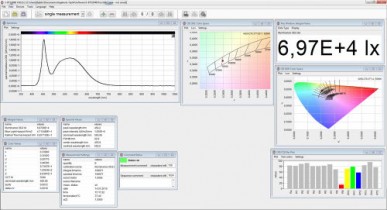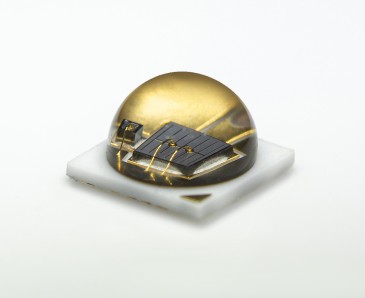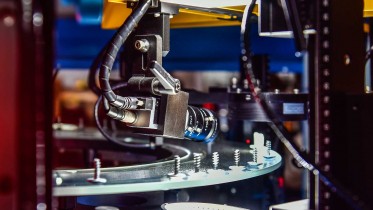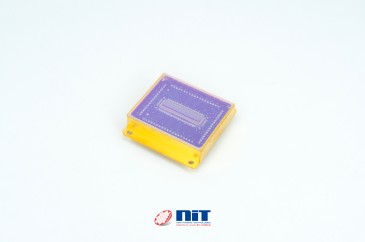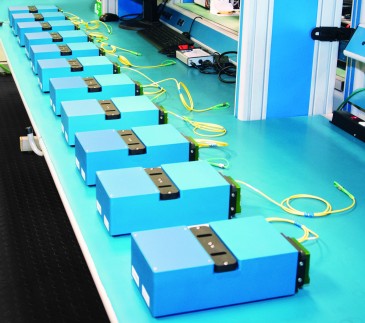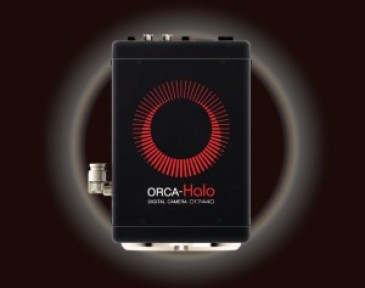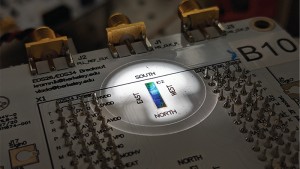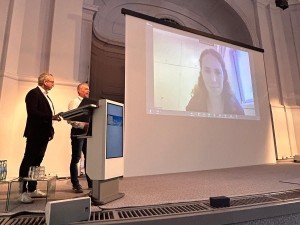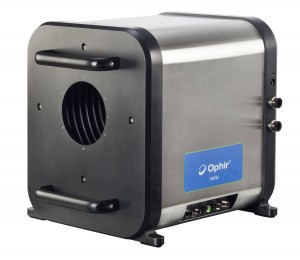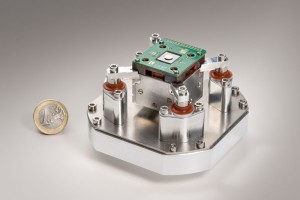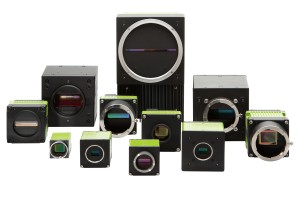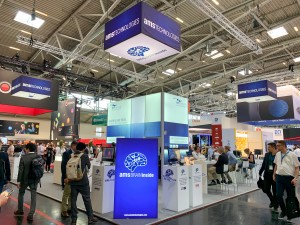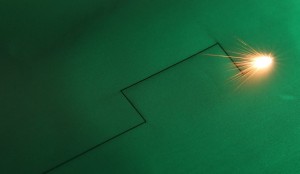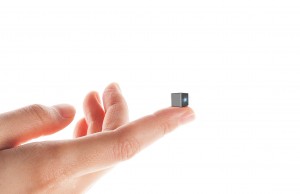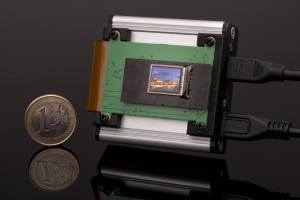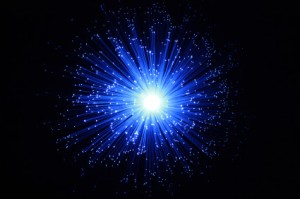
Until recently, applications that required 442nm lasers were served exclusively by large, costly and cumbersome Helium-Cadmium gas lasers. He-Cd lasers provide high beam quality, low noise output, and single-frequency laser light but present considerable challenges in their design. In addition, they prove to be difficult to maintain, primarily in laser beam pointing stability.
GaN laser diodes at 445nm offer a viable alternative for many HeCd users in low end applications; however, high end applications are not well served by diode lasers. A standard GaN laser diode at 445nm has poor beam quality, very limited power and almost no coherence length. Adding a wavelength narrowing optical element improves the coherence length of GaN diodes slightly but comes at the expense of output power. Even with the addition of the optical element, standard products in the market achieve only 1mm of coherence length. In contrast, there is now a viable alternative to both of these technologies.
The solid state He-Cd replacement laser
The Concerto from Power Technology is an example of a laser that uses its own proprietary technology to inherently overcome all of the limits faced by He-Cd lasers and laser diodes. It can deliver up to 150mW of actively stabilized single-frequency laser light with a spectral bandwidth of <5MHz. Similar technologies deliver a bandwidth of <150GHz and a typical coherence length of 1mm compared to >100mm by the Concerto. These key features make the Concerto optimal for applications in holography, cd mastering, and flow cytometry, to name a few.
Comparison with a 100mW He-Cd gas laser*
|
|
Market leading He-Cd gas laser |
Concerto® |
|
Wavelength |
442nm |
442nm |
|
Output power |
100mW |
100mW |
|
Spectral band width |
3 GHz |
< 5 MHz |
|
Coherence length |
10cm |
> 100m |
|
Noise P-P |
< 15% (30kHz-2MHz) |
<3% (10KHz-2MHz) |
|
Noise rms |
< 4% (30kHz-2MHz) |
< 0.5% (10KHz-2MHz) |
|
Beam diameter |
1.2mm |
1.2mm |
|
Beam divergence |
< 0.4mrad ½ angle |
<1.0mrad ½ angle |
|
Beam pointing stability |
< 50 µrad constant temperature |
<5 µrad constant temperature |
|
Power stability |
< 4.0% over 4 hours |
< 2.0% over 4 hours - typically < 1.0% over 24 hours |
|
Polarization |
> 500:1 |
> 250:1 |
|
M2 |
< 1.2 |
< 1.1 |
|
Dimensions |
1200 x 146 x 197 mm |
403 x 150 x 125 mm (includes cooler plate) |
|
Power consumption |
> 500W |
< 25W |
|
Warm up time from cold |
20 minutes |
8 minutes |
The cost of ownership
Solid-state He-Cd lasers can overcome the limits faced by laser diodes, making them optimal for applications in holography, security printing, spectroscopy, thin-film analysis, flow visualization, optical data storage and semiconductor inspection. These lasers come at a price, however. A typical He-Cd laser will require a complete tube refurbishment every 3,000 hours depending on the original power output.
Tube refurbishments for He-Cd lasers can be very expensive, adding up to approximately 75% of the original sales price of the laser itself. The initial capital investment for a solid-state He-Cd laser is similar to that of a gas laser, although GaN lasers do not require re-tubing.
Gas lasers consume at least 500W of electricity, compared to less than 25W of electrical consumption by a solid-state He-Cd, such as the Concerto laser. The additional electricity in the gas laser creates heat in the local environment, which is a cause of some angst in small laboratory spaces. Because of the the solid-state’s laser’s lower power consumption, heat exchange is not an issue. In addition, gas lasers tend to be very noisy, but the solid-state is not. The Concerto features a small cooler plate that comes equipped with an ultra-silent fan.
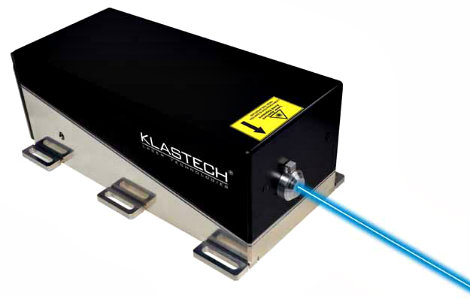
Power Technology Concerto He-Cd Replacement Laser
Setting new standards
In conclusion, state-of-the-art solid-state He-Cd lasers are setting new standards in innovation and performance, offering clear advantages over traditional He-Cd lasers, both economically and performance wise.
Written by Adam Whitefield, Marketing Manager of Power Technology Inc. based in Little Rock, Arkansas (US)




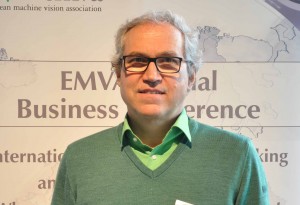

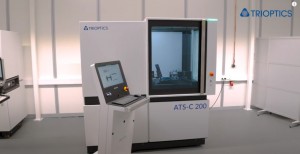
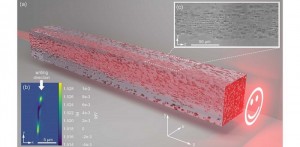
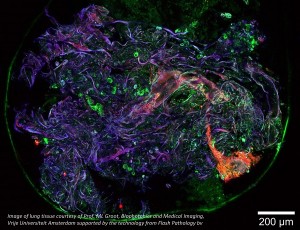

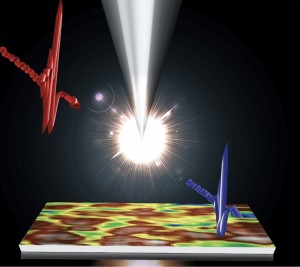

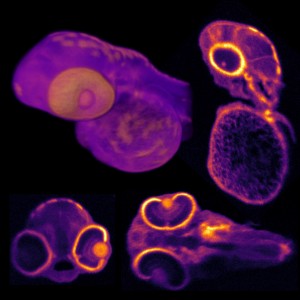
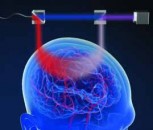


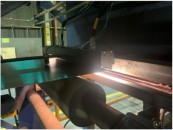


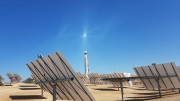

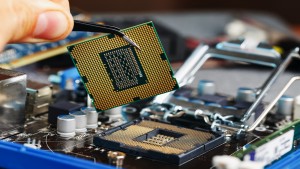

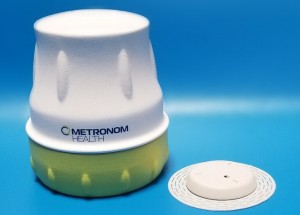
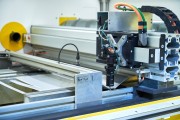

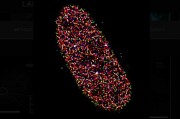
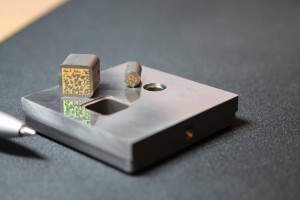
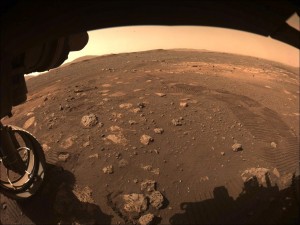
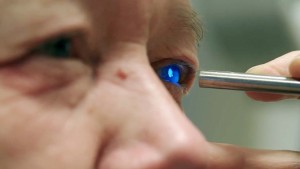

 Back to Features
Back to Features